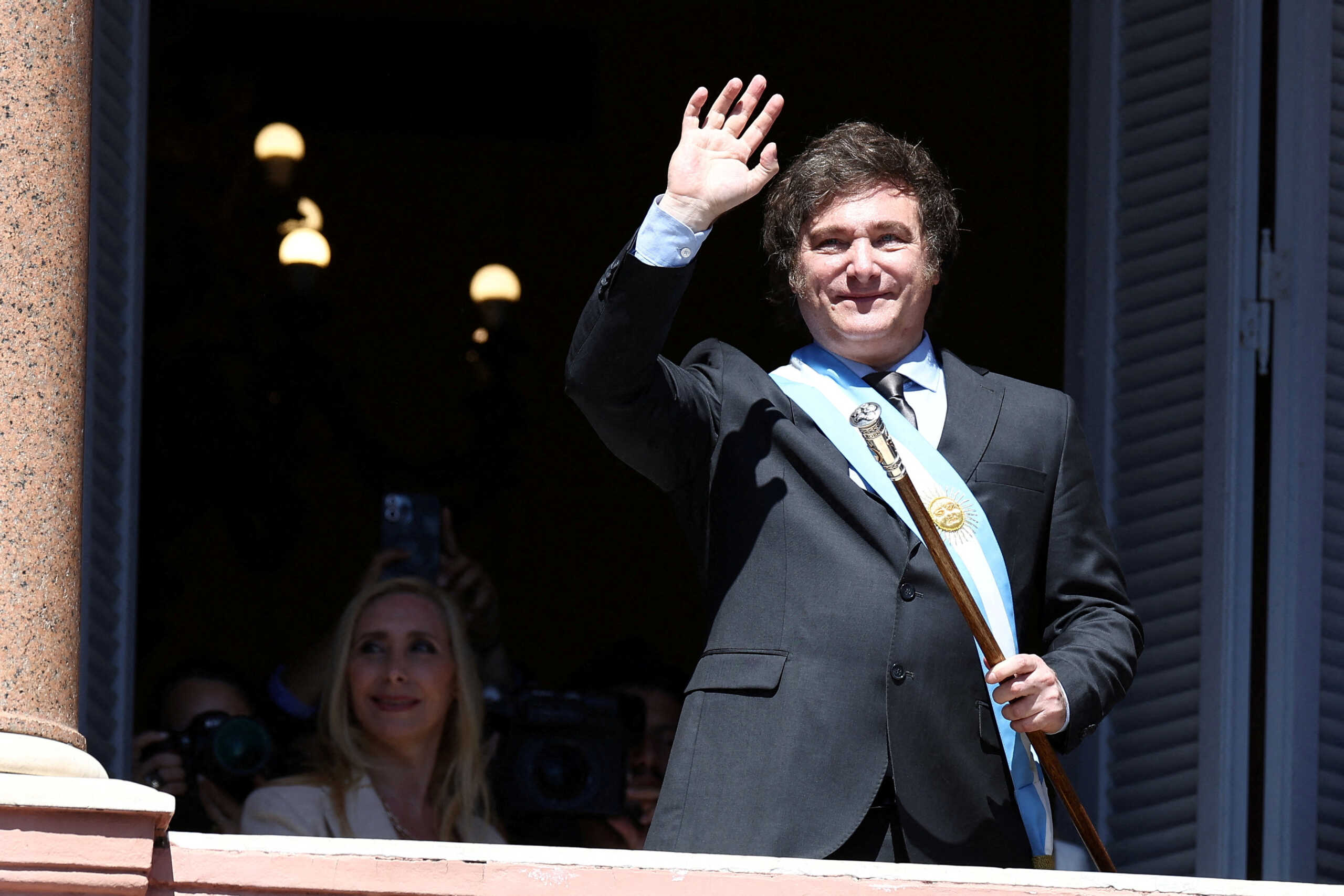
The Argentine Central Bank's first auction to repay importers' debts to foreign suppliers failed on Thursday (28.12.2023), as the monetary authority sold only a portion of the total (1/10) it offered, according to Bloomberg.
The Argentine Central Bank said that it sold only $68 million after receiving 34 offers from Argentine importers, after previously announcing that the maximum size of banknotes available was $750 million.
Importers buy the bonds first, but they have the right to resell most of the bonds on the secondary market to other investors.
Central Bank officials expected in a statement that “the volume of holdings will increase” as the bank continues “to clarify the operational procedures for registration and the required documents.”
Marking auction results Miley's first withdrawal into the markets was after a relatively successful devaluation of the currency followed by a record sale of peso debt, a build-up of foreign reserves and a rise in dollar-denominated bonds.
Paying the $30 billion owed by overseas importers is a key step for the Miley administration Able to abolish the labyrinthine financial controls inherited from the previous government.
The bonds also serve another purpose, which is to absorb peso liquidity, which could fuel inflation that is already exceeding 160%.
“This tool is very important for the unification of the exchange rate in Argentina because it helps normalize importers’ debt balances and acts as a mechanism to absorb the peso from the economy,” said Pedro Ciappa Serrati, chief economist at PP Inversiones in Buenos Aires. “If the government wants to achieve exchange rate integration, it must do better.”
The dollar-denominated bonds, called Bubrial – which stands for “Free Argentine Reconstruction Bonds” – offer an annual interest rate of 5% and are intended to “provide predictability of payments associated with the stock of commercial debts owed by importers,” according to the central bank.
Chronic dollar shortages and strict capital controls under the previous administration of President Alberto Fernandez delayed billions in payments, imposed duties on importers and hampered trade. Before the central bank lifts all financial controls imposed by Fernandez, importers must settle their foreign debts to improve the monetary authority's balance sheet.
Policymakers said in a statement that the bonds “will provide a smooth solution to resolve the crisis caused by the accumulation of importers’ commercial debts at unmanageable levels in the short term.”
The debt can be purchased with local currency, which in turn will help the central bank inject some pesos into the economy in an attempt to curb high inflation.
Monetary authorities plan to hold two auctions weekly until the end of January 2024.

“Avid problem solver. Extreme social media junkie. Beer buff. Coffee guru. Internet geek. Travel ninja.”





More Stories
“Recycling – Changing the water heater”: the possibility of paying the financing to the institution once or partially
Libya: US General Meets Haftar Amid Tensions Between Governments
New tax exemption package and incentives for business and corporate mergers..